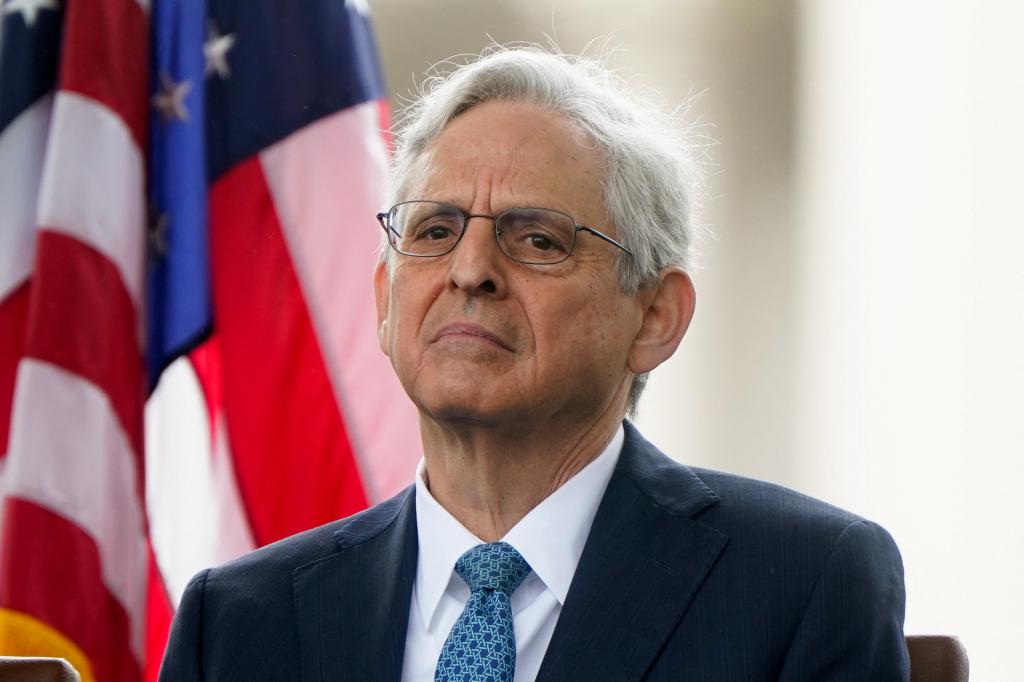The House Judiciary Committee has voted to move forward in holding Attorney General Merrick Garland in contempt of Congress amid the White House’s denial of access to an audio recording of President Joe Biden’s interview with the special counsel overseeing an investigation into his handling of classified documents. Following this decision, the House oversight committee is also set to vote on a similar contempt action. Republican House Speaker Mike Johnson has criticized Biden for suppressing the tape, alleging that he is doing so out of fear ahead of an upcoming election.
During the interview with the special counsel, Biden reportedly struggled with recalling certain dates and details, while demonstrating deep recall in other areas. This information has prompted questions and scrutiny, leading to calls for transparency and accountability in the handling of classified documents. The lack of access to the audio recording has further fueled debate and speculation surrounding the contents of the interview. The move to hold Garland in contempt of Congress represents a significant escalation in tensions between the White House and lawmakers seeking to uncover the truth behind the handling of classified information.
As the House Judiciary Committee advances the contempt maneuver, the White House’s decision to block access to the audio recording has reignited concerns about transparency and accountability within the Biden administration. The reluctance to release the tape has been met with criticism from Republican lawmakers, who argue that the president is withholding information in an effort to shield himself from potentially damaging revelations. The withholding of the recording raises questions about the administration’s commitment to openness and the public’s right to know the full extent of the investigation into Biden’s handling of classified documents.
The controversy surrounding the audio recording of Biden’s interview has intensified against the backdrop of an upcoming election year, with accusations of political motivations driving the administration’s actions. The House Judiciary Committee’s vote to proceed with the contempt action signals a heightened level of scrutiny and oversight over the handling of classified information within the Biden administration. The decision to hold Garland in contempt of Congress reflects growing tensions between lawmakers and the executive branch, underscoring the importance of transparency and accountability in government operations.
As the debate over the audio recording and Biden’s handling of classified documents continues to unfold, the House oversight committee’s upcoming vote on the contempt action will further illuminate the extent of congressional scrutiny over the administration. Calls for transparency and accountability in government operations are likely to persist, as lawmakers and the public seek to better understand the circumstances surrounding the handling of classified information at the highest levels of government. The outcome of the contempt action against Garland will serve as a pivotal moment in the ongoing debate over the administration’s commitment to openness and integrity in its handling of sensitive information.













